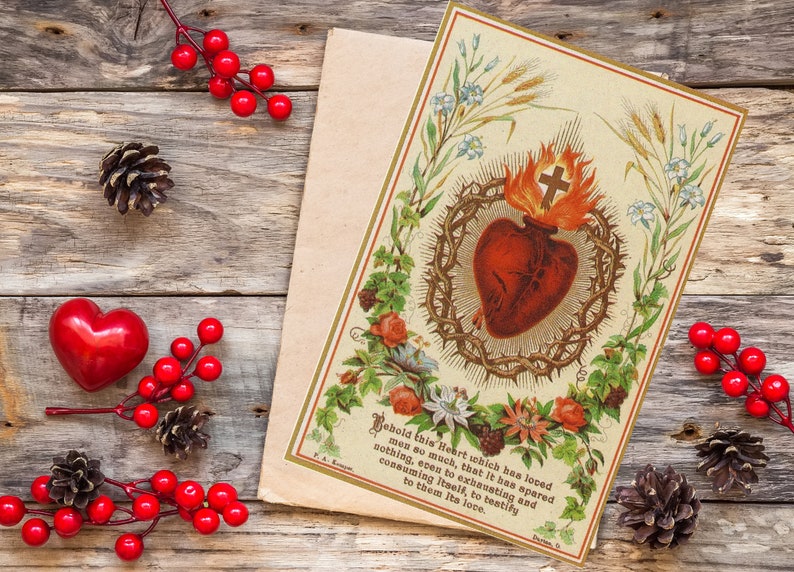Thanks to my son Josh's tireless genealogical research, I recently found out Saint Margaret of Scotland is my 20 something-ish great grandmother. So now I love genealogy again. Because, to me, the idea that I might have just a drop or two of the courage and faith of those who came before is very inspiring.
About Saint. Margaret of Scotland
Saint Margaret of Scotland (Scots: Saint Magret, c. 1045 – 16 November 1093), also known as Margaret of Wessex, was an English princess, a descendent of St. Albert the Great, and a Scottish queen. After William the Conquer invaded Saxon English in 1066, she and her family fled north, Margaret married Malcolm III of Scotland by the end of 1070.
Like her grandfather King Alfred, Saint Margaret of Scotland was a devoted Christian who did many charitable works for the poor. She was known to fast often, possibly to the point that it affected her health.
St. Margaret’s kind-nature greatly influenced King Malcolm. She read to him from the Bible, softened his temper and helped him become a virtuous King. Together the couple prayed, fed the hungry, and were a wonderful example to their countrymen.
St. Margaret was the mother of three kings of Scotland, or four, if Edmund of Scotland (who ruled with his uncle, Donald III) is counted, and of a queen consort of England. She died at Edinburgh Castle in Edinburgh, Scotland in 1093, days after receiving the news of her husband’s death in battle.
In 1250, Pope Innocent IV canonized her, and her remains were re-interred in a shrine in Dunfermline Abbey in Fife, Scotland. She is the patron saint of Scotland. While I don’t think that Saint Margaret was necessarily given a lot of free choice in life, she allowed God to work through her in a way I truly admire.
____________________
The information for this article came from Catholic OnlineCatholic Online and Wikipedia.
 |
| Detroit, Michigan |
About this Poem
I wrote the first version of this poem when I was 17 or 18 and, even though I rewrote several years later, it is still awkward. In many ways, it is, and was, more symbolic than literal. Because even though it is about the city of Detroit, out of all the cities I have lived in, I probably knew Detroit the least.
It is true that I was born there but it is also true that we moved to the suburbs when I was still quite young and then to Indiana when I was 13. Meaning that, aside from the occasional event or shopping trip, I spent most of my childhood in the suburbs. Things were not, of course, all good winds. As I think is evident between the lines of the poem.
When I was old enough to drive, I went back and forth between Indiana and Michigan almost every weekend. I spent most of my time there in closer proximity to the city. A few years later, after the birth of my son, I moved to the Northeast Appalachian Mountains near to where my maternal grandparents lived. And stayed there.
I never went back to Detroit. And I never went back to Indiana either.
A Short Dream
Childhood was such a short dream.
Michigan, all good wind and apples
giving way early to Detroit,
The hard city nights chain linked
and dangerous.
Childhood was a dozen ponds,
soft with algae, reed encircled,
one big Rousseaux - with no explanations.
We trouped through the wind-breaker days,
the almost time for dinner evenings.
That's all.
Later there were barbeques
and cousins coming.
Sweet purple and white nights
of wet grass, wide lawns, air and space.
We spun beneath all the pale moons until
we fell drunk upon wet earth,
toadstools, violet skies and Venus.
The Church stood in its own
pale bright light.
Pastel coasts, dark communions
and a light which said
Eternal Life
But all that I've seen passes.
And somewhere beyond
all that motion
angels
to guide us.
Guiding me
through yellow lit tunnels,
dark houses huddling behind
the street lights.
A clear cold world of dark cars
and black glass,
A galaxy of light like China Town
at New Year's.
And in the end it was Detroit
that somehow captured me.
In spite of, because of
the rummage sale sidewalks
rain on the windows.
In the end
It was Detroit.
Empty shops, empty streets
and too much light
in too much darkness.
_________
Providentially, the end in the poem wasn't the end of my story.










Translate
Social Icons